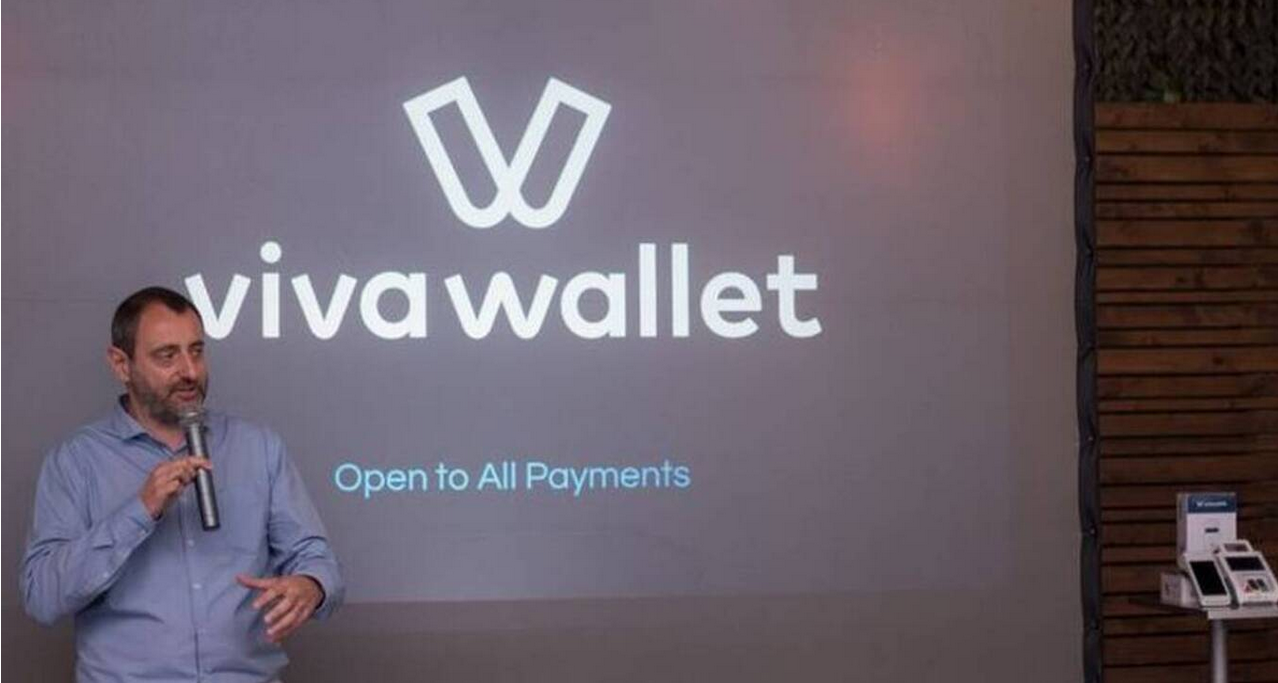The ‘bras de fer’ between the two shareholders of Viva Wallet is now being transferred to the High Court of London, which specializes in business law, as WeRealize, a company owned by its founders, Haris Karonis and Makis Andypas, and JP Morgan have decided to resolve their disagreements through legal means, which threaten to overshadow the country’s largest deal.
Yesterday’s revelation by the Financial Times that the two partners of Viva Wallet had filed lawsuits did not come as a surprise to the market. This is because there has been an increase in reports in recent months suggesting that their relationship has been strained. The valuation of the company is said to have been the trigger, an issue that has always been a topic of discussion in the market, with fintech supporters focusing on its impressive performance, with a presence in approximately 24 markets, while opponents consider Viva Wallet to be highly overvalued.
In any case, in the lawsuits filed on Valentine’s Day, the Karonis-Andypas side is said to accuse the American bank of attempting to reduce the valuation of their company either by obstructing its entry into America and Europe or by ‘dumping’ in the markets where Viva, their payment company, is already active, which suggests unfair competition. On the other hand, the Americans claim that the founders’ actions lead to ‘restriction or circumvention of their conventional and legal rights as investors,’ referring apparently to the inability to acquire the remaining shares due to the dispute over the valuation. It is worth noting that, according to the FT, Houlihan Lokey on behalf of JP provided a valuation of one billion euros, while EY on behalf of the Karonis-Andypas side estimated the value of Viva at three billion euros.
Hi-Tech tax controls: Tax inspectors patrol with portable cameras, tablets & scanners
The first clouds
The collapse of Silicon Valley Bank and the consequent ‘dive’ in the valuations of technology companies gave rise to the first clouds in the relationship between the two shareholders of Viva Wallet.
While JP, following thorough due diligence, agreed to proceed with the acquisition of 48.5% of the fintech for over 800 million euros, translating into a valuation of about 1.7 billion euros, it later revised its offer, requesting that any future transactions be carried out at a reduced price.
Of course, such a request could not be accepted by the founders of Viva, who argued the company’s developmental trajectory, even amidst a challenging international environment, as their main point.
Ask me anything
Explore related questions





